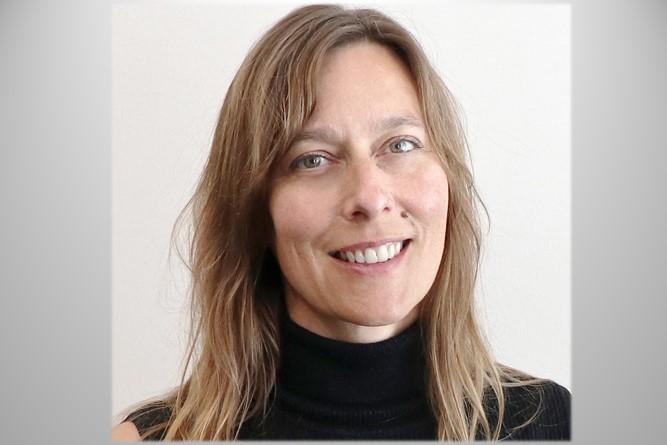CEPS Researchers Awarded $2.5 Million from NSERC

Researchers within the College of Engineering and Physical Sciences have received $2.5 million from the Natural Sciences and Engineering Research Council (NSERC) to fund a whopping 14 research projects that span its five units: Chemistry, Computer Science, Engineering, Mathematics and Statistics, and Physics.
A total of 10 million was awarded to the University of Guelph this spring through the NSERC Discovery Grants program. These grants focus on long-term research programs and promoting research excellence in sciences and engineering.
“We are delighted to have received such substantial investment from the federal government in the University of Guelph’s research,” says Mary Wells, dean (College of Engineering and Physical Sciences). “Among our college’s early career researchers, we had a 100 percent success rate—well above the national average success rate in this category.”
Among the 14 projects funded in the College of Engineering and Physical Sciences, chemistry professor Kathryn Preuss received both a Discovery Grant and a Discovery Accelerator Supplement—the supplement provides significant additional resources to support the progress and maximize the impact of especially promising or groundbreaking research programs.
“Kathryn’s research program is very deserving of this success,” dean Wells continues. “She is working to design, synthesize, and characterize materials that have novel or enhanced properties relevant to human technological advances. Kathryn’s research is an immense source of pride for our college and the University of Guelph.”
The funding from NSERC will enable Preuss to embark on a series of high-risk, high-reward projects that will contribute fundamental knowledge to research in molecule-based materials science. The outputs from these projects will be particularly relevant for developing materials used in quantum computing technology. An exciting new technology, quantum computers apply atomic-scale phenomena to perform computational tasks much faster than ordinary computers. Thus, quantum computers can be used to overcome the barriers of current computing power and revolutionize a variety of fields, including artificial intelligence and nuclear particle physics.
Preuss and her team will examine new designs in supramolecular architectures. Supramolecular chemistry examines the structure of materials through the association of two or more molecules. This field of chemistry is especially useful when exploring new materials.
“Our goal is to discover and design materials that will revolutionize human technology,” says Preuss. “We tap into unknown properties found within existing materials to develop low-cost and low-energy material designs that could have huge impacts on the development of technologies like quantum computers.”
The remaining 13 grants awarded to CEPS faculty span the breath of research excellence in the college; they cover a range of topics that include climate change and environmental health, data biases, and nuclear physics, among others:
Luiza Antonie, School of Computer Science: “Bias and Representativeness in Linked Data.”
Andrew Binns, School of Engineering: “Response and resiliency of rivers and streams to natural and anthropogenic stressors.”
Liliana Caballero, Department of Physics: “Nuclear physics in the multi-messenger era”
Leanne Chen, Department of Chemistry: “Developing an atomic-scale computational framework to gain insights about the electrochemical double-layer for applications to renewable energy.”
Rui Huang, Department of Chemistry: “Structural and dynamic insights into the mechanisms of mitochondrial AAA proteases.”
Kevin Keener, School of Engineering: “Exploration of high voltage atmospheric cold plasma as a practical tool for reducing food spoilage.”
Amin Komeili, School of Engineering: “Multiscale simulation and measurement of knee joints biomechanics under physiological loading conditions.”
Vladimir Ladizhansky, Department of Physics: “Determinants of membrane protein stability and folding investigated by solid state NMR.”
William Langford, Department of Mathematics and Statistics: “Bifurcation theory and abrupt climate change.”
Derek O’Flaherty, Department of Chemistry: “Development of functional and responsive nucleic acid systems for applications in biotechnology.”
Kathryn Preuss, Department of Chemistry: “Molecule-based materials with technologically relevant properties.”
Adrian Schwan, Department of Chemistry: “Explorations in organosulfur chemistry.”
William Tam, Department of Chemistry: “Acid- and metal-catalyzed organic reactions.”
Allan Willms, Department of Mathematic and Statistics: “Dynamical systems: modelling, analysis, and numerics.”
For a full list of recipients, visit NSERC’s website.